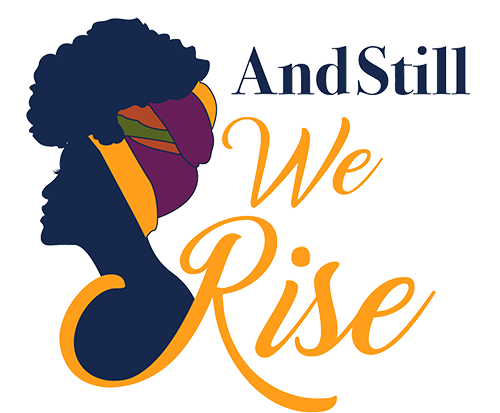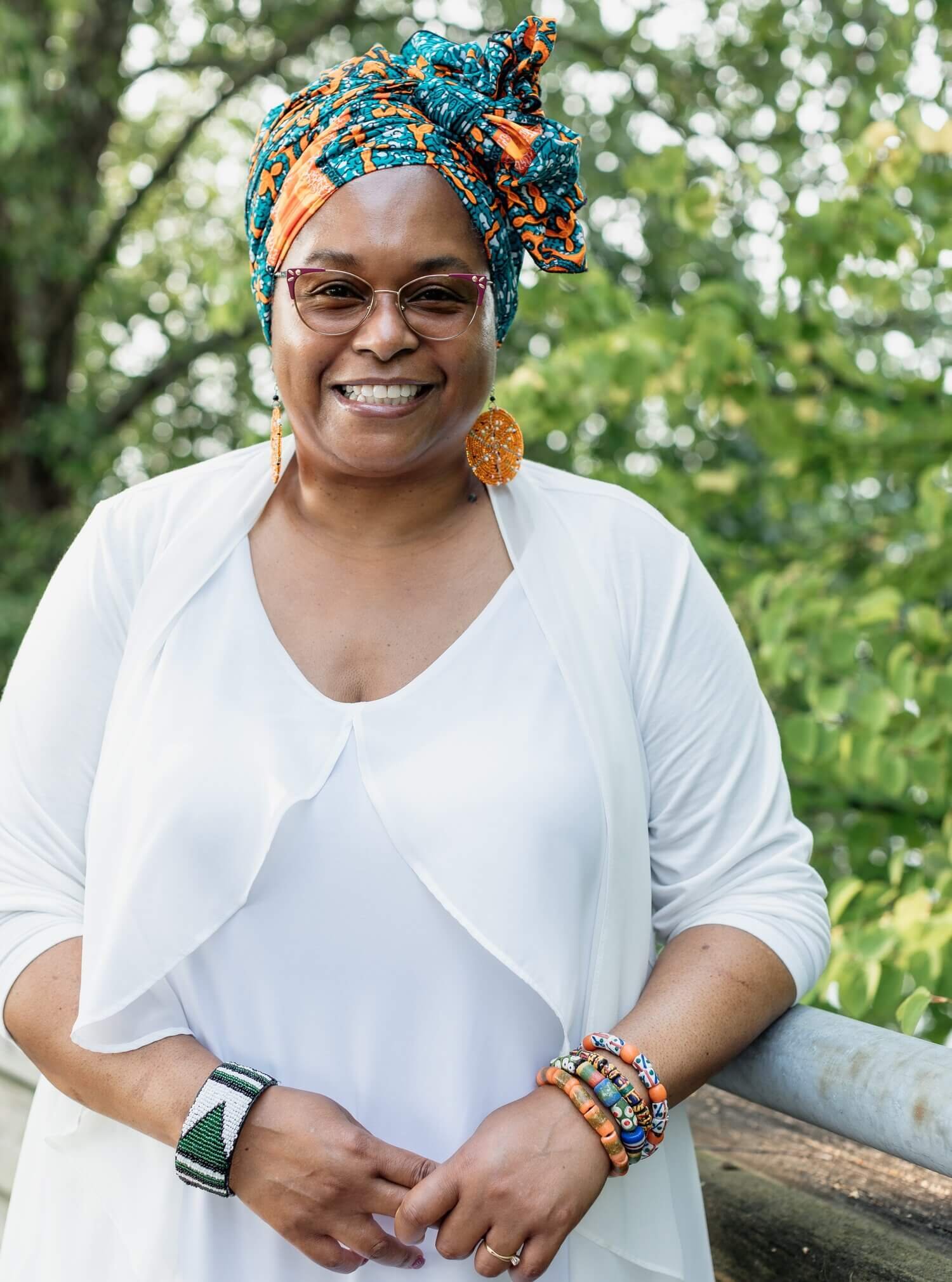Yes, I Was Born a "Negro"
By: Roberta Holmes
Our family recently celebrated my 2nd oldest grandson's 5th birthday. As we enjoyed pizza and conversation, the topic turned to birth certificates. I shared, "You know, my birth certificate says I'm a 'Negro'." My 25-year-old niece's joyful expression immediately turned to shock and disgust. "What?! No way," she uttered.
The conversation continued as she questioned when that terminology stopped being used and how it could be that I would have "Negro" listed on my birth certificate. My husband confirmed, his birth certificate said he was a “Negro” too. He was born 3 months before me. I assured her that her grandmother, our son-in-law’s mother who was born in 1959, likely had the same classification on her own birth record. My niece was aghast. "Y'all aren't even that old," she said, almost in tears.
I was born in 1962, and yes, I was officially categorized as a "Negro" at the time of my birth. My father could have easily passed for white but was classified as "Negro." My mother, a beautiful dark-skinned woman, was unquestionably categorized as "Negro". This was the reality for families like ours.
Later, I decided to do some research on this troubling piece of history. I was shocked to learn that on the 2010 census, there were three terms available under the race category for those identifying as Black: "Black, African Am., or Negro." Thankfully, in 2013 the Census Bureau announced it would drop the term "Negro," acknowledging that it was offensive to many -Ya think?😕 Yet, disturbingly, over 50,000 people still wrote in "Negro" on the 2020 census in the "some other race" category. This is a conversation for another time.
As I reflect on this history, I can't help but wonder about Vice President Kamala Harris, fresh off the heels of her official send off as the 2024 Democratic Nominee for President of the United States. If I had to guess, being born in 1964, Vice President Harris was likely classified as a "Negro" on her birth certificate, just as I was. The use of this derogatory term is a painful reminder of the systemic racism and discrimination that has been woven into the fabric of American society. It's a sobering reality that many of us of a certain generation have had to grapple with.
Growing up, I always thought of myself as being Black. Everyone in my Garveyite influenced family referred to themselves and others as Black. I clearly remember the upset, discomfort and anger I would feel being referred to as a "Negro" or "colored person.", and yes, the “N-word” on more than a few occasions, as a young person. These labels were not only inaccurate and offensive, but they also carried a deep history of oppression and marginalization. They served to dehumanize and diminish the worth of an entire group of people. Yet, despite these challenges, our community has shown remarkable resilience and strength. We have fought tirelessly for equality, and the recognition of our humanity. The progress made, while incomplete, is a testament to the power of determination and the unwavering spirit of those who came before us including The Stolen Ones who were grieved and missed.
As I reflect on my own journey, I am reminded of the countless others who have walked a similar path. We are the descendants of a proud and resilient people, who have overcome unimaginable obstacles to carve out a place for ourselves in this country. Today, I stand as a living testament to the progress that has been made, even as we continue to grapple with the lingering effects of a painful past. I am proud of my heritage, and I am committed to using my voice and my experiences to fight for a more just and equitable future.
That’s why I love my Negro Black job!😊!😊!!
In the end, the story of my birth certificate is not just about a label or a classification. It is a story of resilience, of struggle, and of the unwavering determination of a people to be seen, heard, and respected. It is a story that continues to shape the fabric of our nation, and one that we must never forget.
About:
Roberta Holmes (she/her) is a member of the And Still We Rise Consulting Team and serves as Partnership Development Specialist. Learn more about Roberta here.

